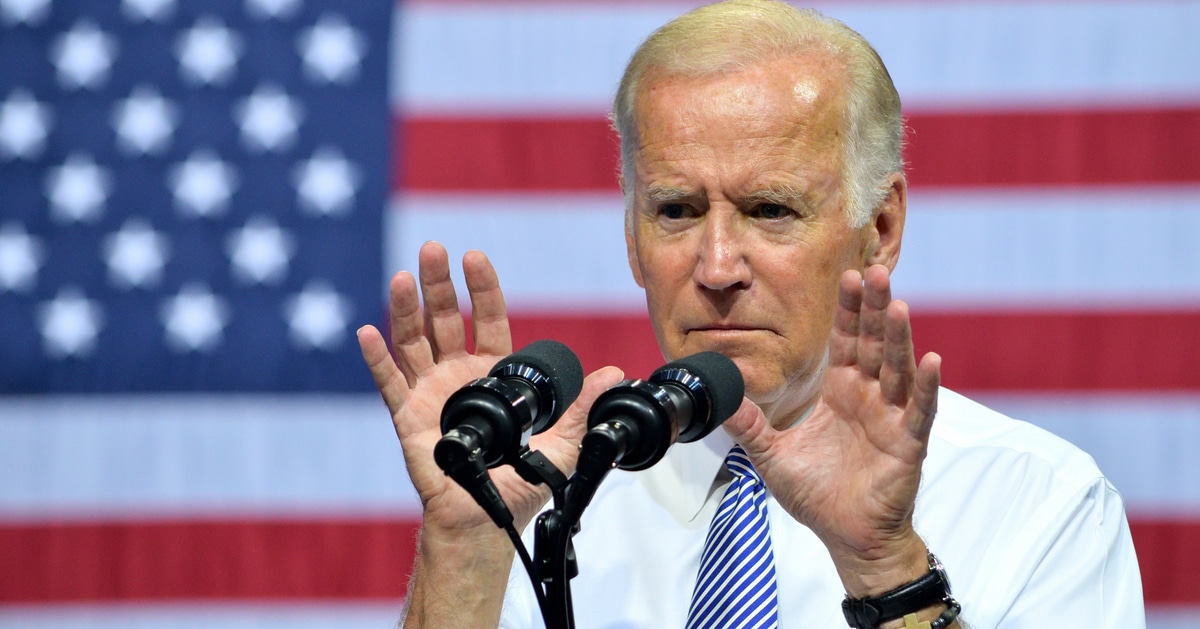




In a moment that captured national attention, 17-year-old Gus Walz, son of vice presidential nominee Tim Walz, was seen tearfully supporting his father during a speech on Wednesday night.
Politico reported that Coulter's post on X, formerly known as Twitter, featured a photo of Gus crying, with the caption, "Talk about weird…". The post was met with swift backlash, as many users condemned the comment as insensitive, particularly given Gus's personal challenges.
The incident began when Coulter shared the photo of Gus, whose emotional reaction to his father’s nomination speech touched many viewers. However, Coulter's disparaging comment quickly became the focal point of outrage.
Tommy Vietor, a former Obama staffer and now a liberal podcaster, was one of the first to respond to Coulter's comment. He tweeted back, "I can see why a child loving their parents would feel foreign to you," sharply rebuking her for mocking a display of genuine emotion.
Others soon joined the conversation, pointing out the context that made Coulter’s post particularly hurtful. Tim Walz and his wife had previously shared with People magazine that their son has a nonverbal learning disorder, ADHD, and an anxiety disorder. This background information added to the perceived cruelty of Coulter’s remark.
As the backlash grew, many prominent figures and ordinary social media users alike rallied in defense of Gus Walz. Shannon Watts, the founder of the gun safety groups Moms Demand Action and Everytown, added her voice to the conversation.
Sharing her own experiences, she tweeted, "I am neurodivergent. When I was 14, I was diagnosed with ADHD, OCD, and several learning disorders, including dyscalculia. We’re not weird, we’re wonderful. And we’re your family, friends, and fellow Americans."
Watts’ tweet resonated with many who identified with Gus's challenges or had loved ones with similar experiences. Her message highlighted the importance of understanding and compassion, particularly toward those with neurodivergent conditions.
The hashtags "Ann Coulter," "Gus Walz," and "He’s 17" quickly began trending on X, reflecting the widespread public interest and concern over the incident. The support for Gus Walz was overwhelming, with many users emphasizing the need to protect and uplift young people, especially those facing unique challenges.
In response to the growing outrage, Ann Coulter eventually deleted her post. However, the criticism did not stop there.
Even after the deletion, users continued to discuss the incident, using it as a springboard for broader conversations about the treatment of neurodivergent individuals in the public eye.
While Coulter did not issue a formal apology or further comment on the matter, the incident served as a reminder of the power and consequences of social media. The speed with which the backlash unfolded illustrated how quickly public sentiment can shift, especially when it involves issues of empathy and respect.
In the days following the incident, discussions on social media expanded beyond the specific tweet to consider the broader implications of mocking someone’s emotional expression, particularly in the context of personal and mental health challenges. Many commentators emphasized that such behavior not only hurts individuals but also perpetuates harmful stereotypes about neurodivergence.
The incident surrounding Ann Coulter’s tweet about Gus Walz is a stark example of how social media can amplify both negative and positive responses to public figures' actions.
Gus Walz’s display of emotion during his father's speech was a touching moment for many, but it also became a point of contention when Coulter chose to mock it.
The swift and intense backlash against Coulter highlights the increasing public awareness and sensitivity toward neurodivergent conditions and the importance of empathy in public discourse. While Coulter’s original post may have been deleted, the conversations it sparked about compassion, respect, and understanding continue to resonate.
As the story unfolded, it served as a reminder that the way we talk about others, especially young people with personal challenges, can have a lasting impact. The incident has left many reflecting on the need for greater kindness and consideration in our interactions, both online and offline.



